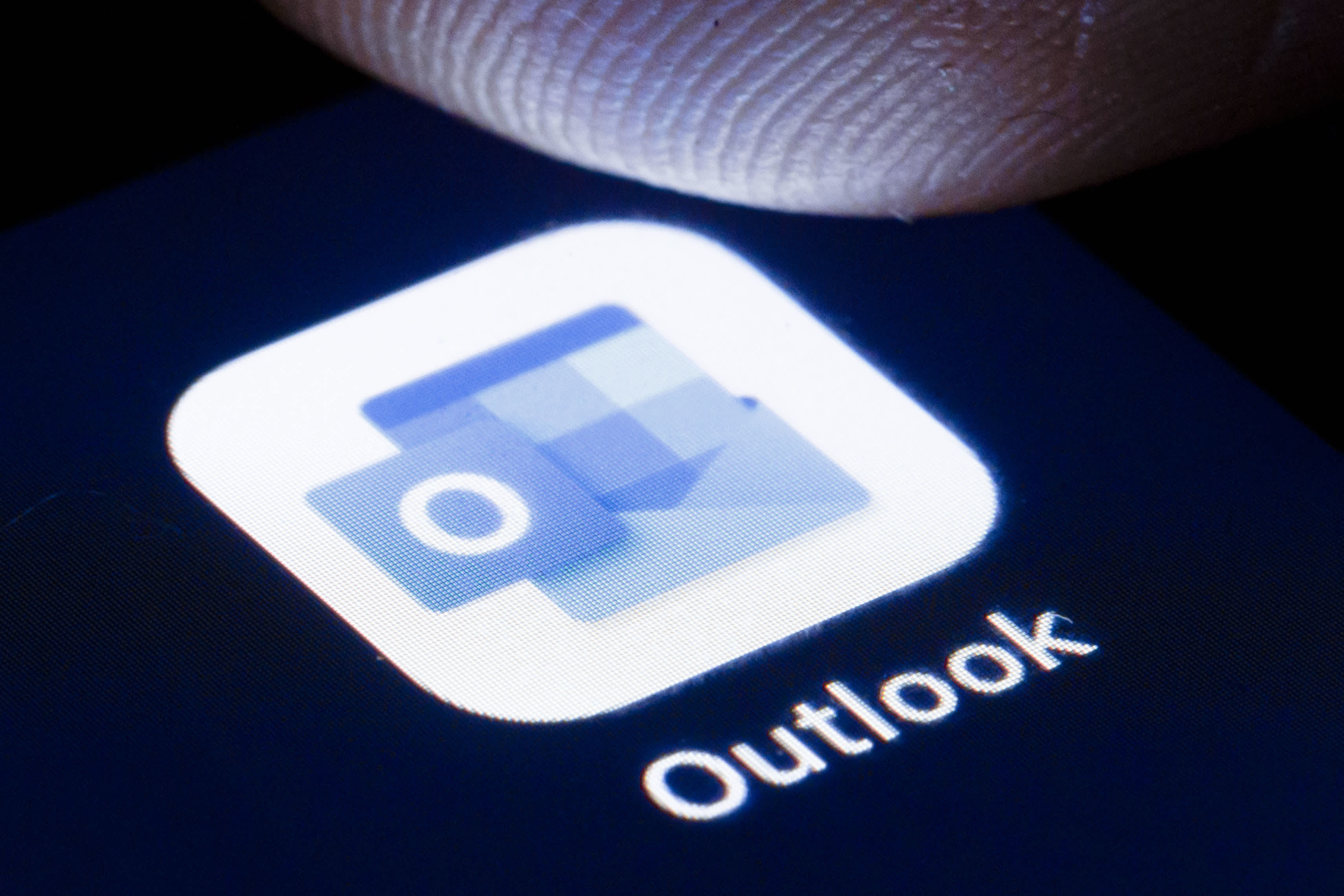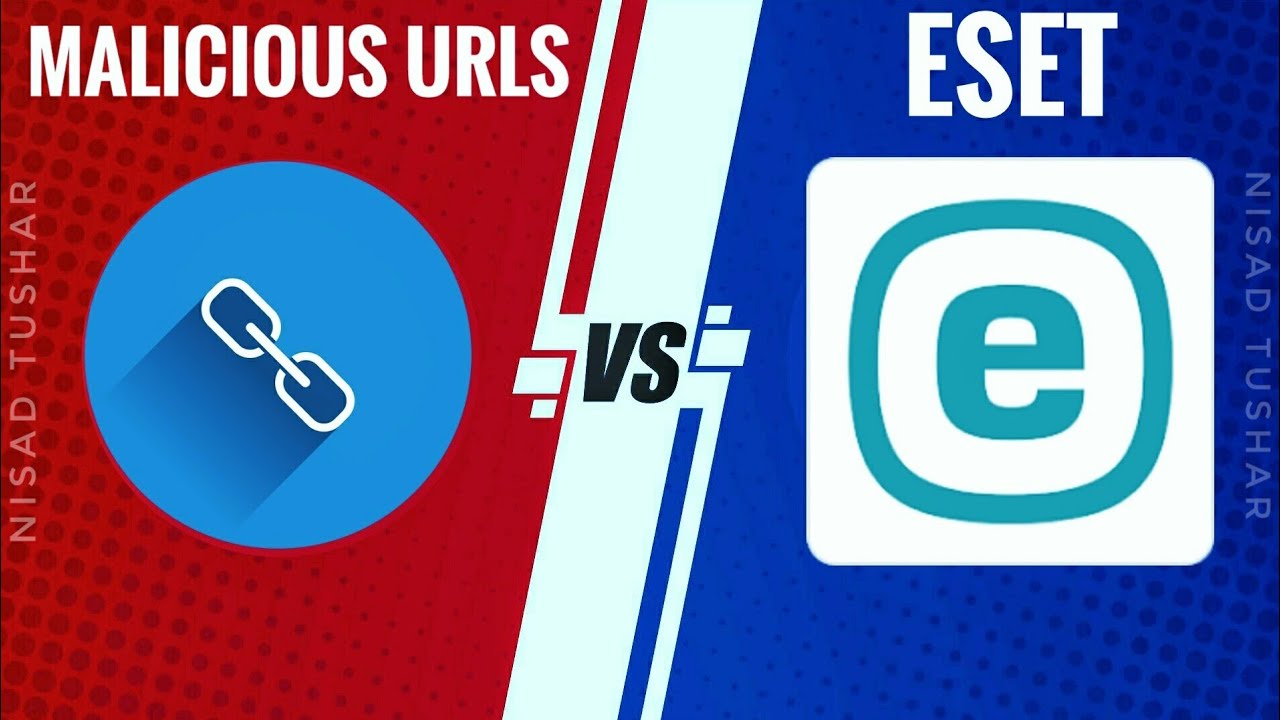Microsoft says early June disruptions to Outlook, cloud platform, were cyberattacks
Thomas Trutschel | Photothek | Getty Images
In early June, sporadic but serious service disruptions plagued Microsoft’s flagship office suite — including the Outlook email and OneDrive file-sharing apps — and cloud computing platform. A shadowy hacktivist group claimed responsibility, saying it flooded the sites with junk traffic in distributed denial-of-service attacks.
Initially reticent to name the cause, Microsoft has now disclosed that DDoS attacks by a murky upstart were indeed to blame.
But the software giant has offered few details — and would not comment on the attacks’ magnitude. It would not say how many customers were affected or describe the attackers, who it has named Storm-1359. A group that calls itself Anonymous Sudan claimed responsibility on its Telegram social media channel at the time. Some security researchers believe the group to be Russian.
Microsoft’s explanation in a blog post Friday evening followed a request by The Associated Press two days earlier. Slim on details, the post said the attacks “temporarily impacted availability” of some services. It said the attackers were focused on “disruption and publicity” and likely used rented cloud infrastructure and virtual private networks to bombard Microsoft servers from so-called botnets of zombie computers around the globe.
Microsoft said there was no evidence any customer data was accessed or compromised.
While DDoS attacks are mainly a nuisance — making websites unreachable without penetrating them — security experts say they can disrupt the work of millions if they successfully interrupt the services of a software service giant like Microsoft on which so much global commerce depends.
It’s not clear if that’s what happened here.
“We really have no way to measure the impact if Microsoft doesn’t provide that info,” said Jake Williams, a prominent cybersecurity researcher and a former National Security Agency offensive hacker. Williams said he was not aware of Outlook previously being attacked at this scale.
“We know some resources were inaccessible for some, but not others. This often happens with DDoS of globally distributed systems,” Williams added. He said Microsoft’s apparent unwillingness to provide an…


